The C.W. Park USC lawsuit has captured attention due to its implications for students, faculty, and the broader academic community. This legal battle revolves around allegations against the University of Southern California (USC) and raises important questions about accountability, ethics, and the rights of individuals within the university environment. In this article, we will explore the details of the lawsuit, the parties involved, and the potential consequences for the university and its students.
What is the C.W. Park USC Lawsuit?
The C.W. Park USC lawsuit centers around claims made by C.W. Park against the University of Southern California. The lawsuit highlights allegations of misconduct and seeks to address perceived injustices faced by Park within the university system. This case is part of a larger trend where individuals challenge institutions to seek justice and accountability. The details of the case reveal the complexity of legal proceedings and the nuances involved in navigating university policies.
The lawsuit has gained traction not only because of the specific claims made but also due to its broader implications for university governance and student rights. It underscores the need for transparency and fairness in academic institutions, prompting discussions about how universities handle complaints and grievances from their constituents.
Who is C.W. Park?
C.W. Park is a significant figure in this lawsuit, with a background that adds context to the claims being made. Park has been involved in various academic and professional pursuits, contributing to the university community in meaningful ways. Understanding who Park is helps clarify the motivations behind the lawsuit and the context in which these allegations arose.
Park’s experiences at USC, coupled with their commitment to academic integrity, provide insight into the challenges faced by students and faculty members in navigating complex institutional systems. As the case unfolds, Park’s narrative serves as a reminder of the human elements behind legal disputes, emphasizing the importance of addressing concerns raised by individuals within academic settings.
What Happened in the Lawsuit?
The lawsuit unfolded with specific allegations and claims that form the crux of the legal dispute. The claims brought forward by C.W. Park against USC include issues related to discrimination, unfair treatment, and a lack of proper procedures in handling complaints. The details of the lawsuit point to a perceived failure by the university to uphold its obligations to create a fair and equitable environment for all students.
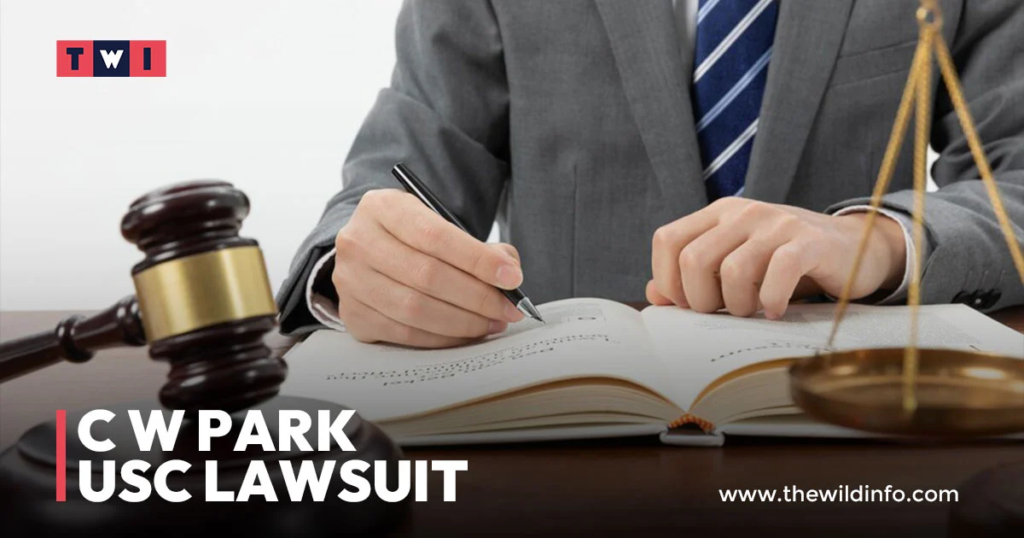
Key Points of the Lawsuit
- Allegations of Discrimination: Park alleges that they faced discriminatory practices that negatively impacted their academic journey.
- Improper Handling of Complaints: The lawsuit highlights concerns regarding how USC managed complaints and grievances brought forth by students.
- Lack of Transparency: Park claims that there was a lack of transparency in the university’s processes, leading to further complications in addressing their concerns.
The Reasons for the Lawsuit
The lawsuit stems from a series of events that prompted Park to take legal action. Some of the reasons include:
- Personal Experiences: Park’s personal encounters with perceived injustices led to a desire for accountability.
- Seeking Change: The lawsuit aims to not only address Park’s individual claims but also to advocate for systemic changes within USC.
- Raising Awareness: By bringing this lawsuit to light, Park hopes to raise awareness about the broader issues faced by students at USC and similar institutions.
How Lawsuits Work
Lawsuits are legal actions taken by individuals or entities seeking justice or resolution for grievances. The process generally involves filing a complaint, gathering evidence, and presenting the case in a court of law. In this instance, Park’s legal team will argue their case against USC, while the university will respond to the allegations. The outcome may lead to various results, including settlement discussions or a trial.
What Does This Mean for Students?
The implications of the C.W. Park USC lawsuit extend beyond the immediate parties involved. For students, this lawsuit serves as a wake-up call about their rights and the importance of voicing concerns when facing injustices. It highlights the need for students to be aware of university policies and procedures, especially regarding how to report grievances.
Additionally, the lawsuit emphasizes the importance of supportive systems within universities that allow students to seek help and advocate for themselves. Students may feel empowered to take action if they encounter similar issues, knowing that there are legal avenues available to address grievances.
Possible Outcomes of the Lawsuit
The potential outcomes of the C.W. Park USC lawsuit could vary widely, depending on the court’s decisions and the willingness of both parties to engage in dialogue. Some possible outcomes include:
- Settlement: The case may reach a settlement where both parties agree to terms without going to trial. This could involve financial compensation or changes to university policies.
- Court Ruling: If the case goes to trial, the court will render a decision based on the evidence presented. This ruling could set precedents for similar cases in the future.
- Policy Changes: Regardless of the lawsuit’s outcome, it may prompt USC to reevaluate its policies and procedures to ensure they are more effective in addressing student concerns.
Lessons Learned from the Lawsuit
The C.W. Park USC lawsuit offers valuable lessons for both students and universities. Some key takeaways include:

- Importance of Accountability: Universities must hold themselves accountable for their actions and ensure they provide a safe and fair environment for all students.
- Advocacy for Change: Students should feel empowered to advocate for change within their institutions and seek justice when necessary.
- Open Dialogue: Universities should foster open dialogue between administration and students to address concerns effectively.
How Can Students Get Involved?
Students who resonate with the issues raised in the C.W. Park USC lawsuit can take proactive steps to engage in advocacy. Here are some ways to get involved:
- Educate Themselves: Students should familiarize themselves with their rights and the processes for filing complaints within their institutions.
- Join Student Organizations: Engaging with student organizations focused on advocacy can amplify voices and create a collective impact.
- Participate in Discussions: Students can participate in forums and discussions about campus climate and policies, ensuring their voices are heard.
What Happened in the Lawsuit?
As the lawsuit continues to develop, updates will be provided to keep the community informed. The ongoing nature of legal proceedings means that the full details of the case may unfold over time, revealing new insights into the complexities of university governance.
The C.W. Park USC Lawsuit
The C.W. Park USC lawsuit represents a significant moment in the ongoing conversation about university accountability and student rights. It underscores the importance of addressing grievances and creating an environment where individuals feel safe to voice their concerns without fear of retaliation.
How Lawsuits Work
Understanding how lawsuits work can empower students and faculty to navigate the legal system if needed. Typically, the process begins with the filing of a complaint, followed by discovery, where both sides gather evidence. Next, the case may go to trial, where a judge or jury hears the arguments and makes a decision.
The legal landscape can be complex, and individuals often benefit from seeking legal counsel to understand their rights and options. Lawsuits can be lengthy and require significant resources, making it crucial for plaintiffs to be prepared for the challenges ahead.
The Bottom Line
The C.W. Park USC lawsuit sheds light on important issues within the university system, emphasizing the need for transparency, accountability, and support for students. As the case unfolds, it will serve as a critical reminder of the importance of advocating for one’s rights and the potential impact of individual actions in driving systemic change. By understanding the implications of this lawsuit, students and faculty can better navigate their own experiences within academic institutions and work towards creating a more equitable environment for all.x


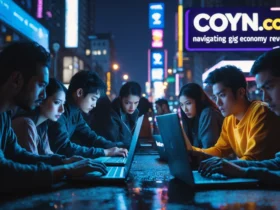


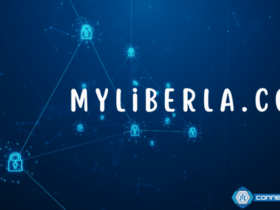

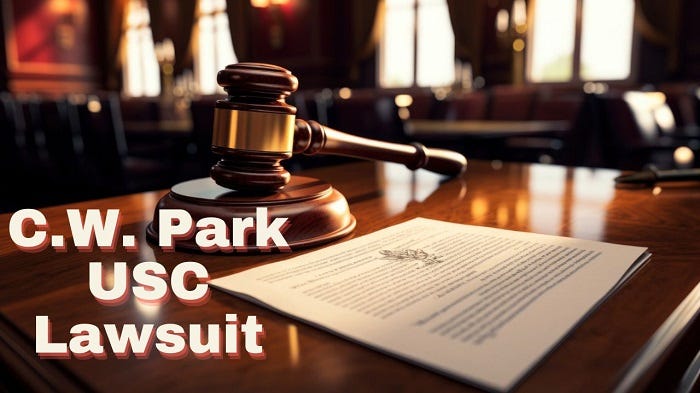



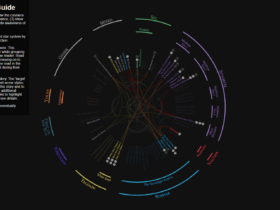
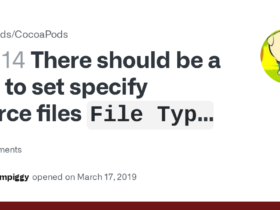

Leave a Reply